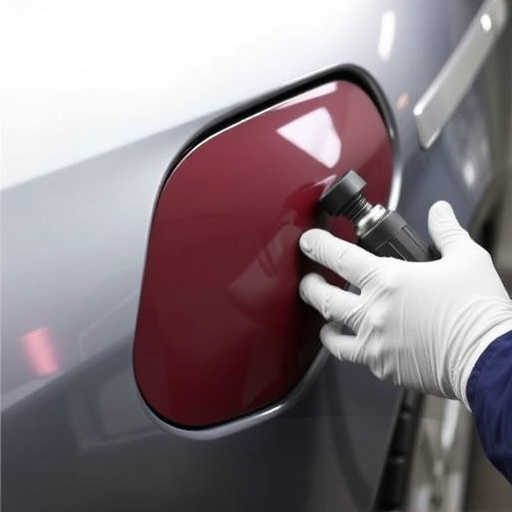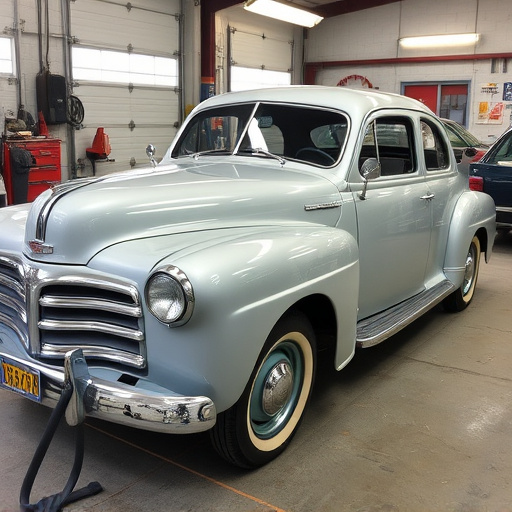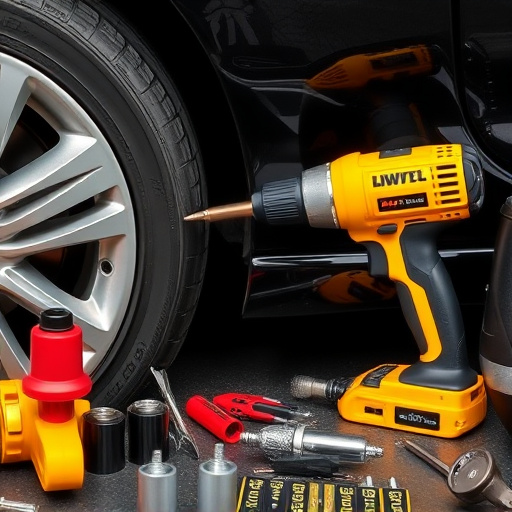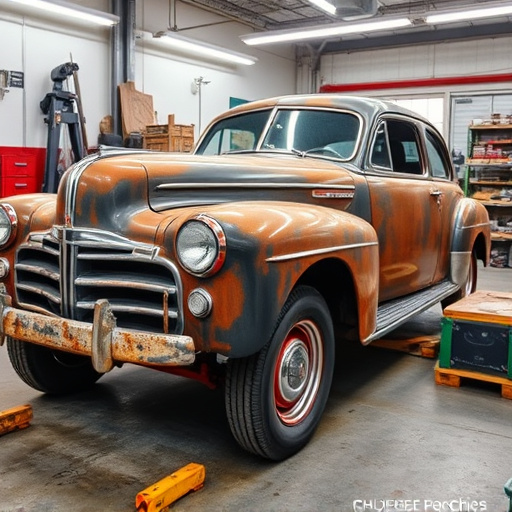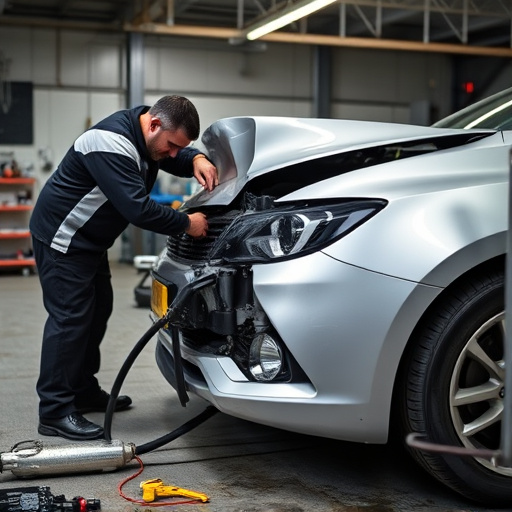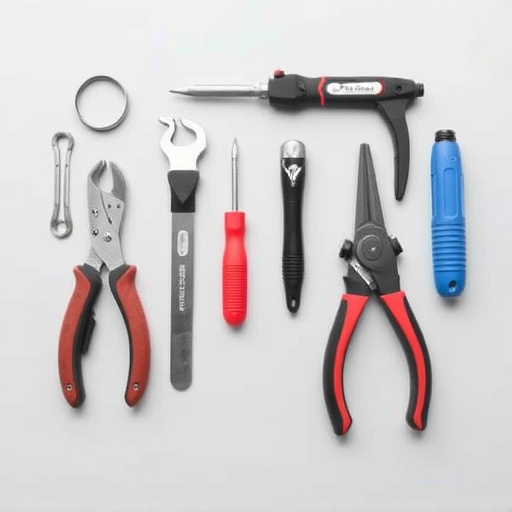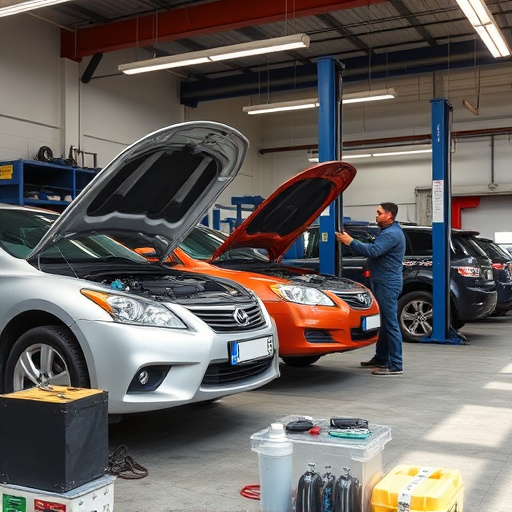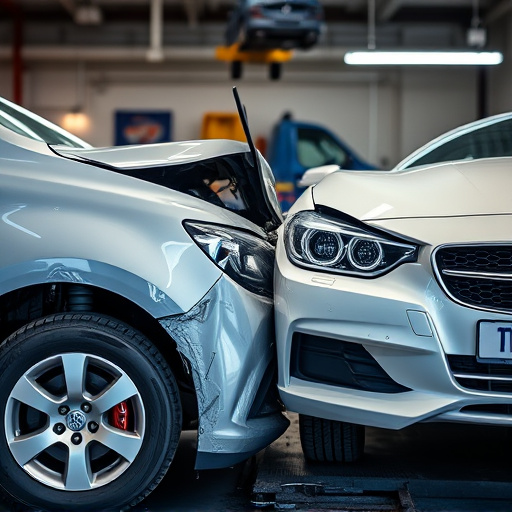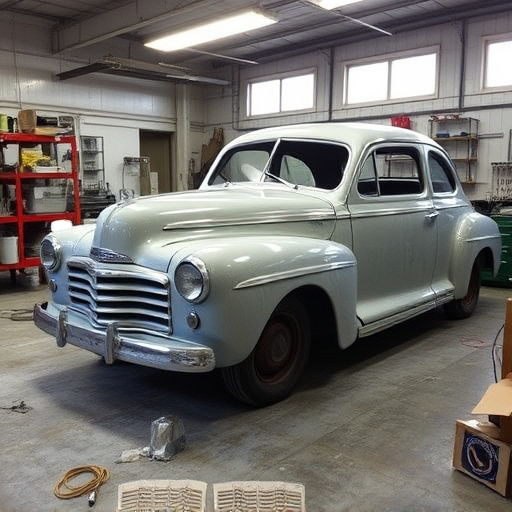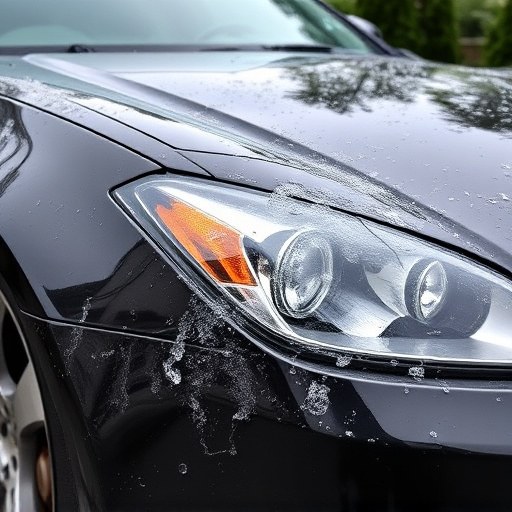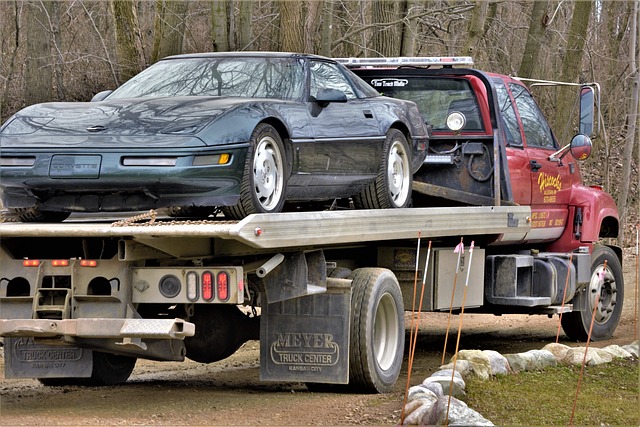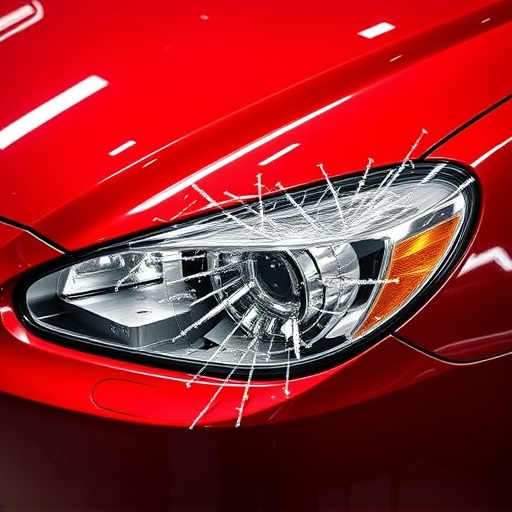Exceptional collision repair customer service relies on staff understanding and empathy, actively listening to clients' concerns and providing tailored responses. Education in simple, non-technical language caters to diverse knowledge levels, enhancing transparency and long-term client relationships. A training curriculum blending auto repair knowledge with soft skills, including role-play scenarios for conflict resolution, aligns with industry best practices. Regular updates and practice through role-playing improve communication, empathy, and problem-solving, fostering a positive shop reputation through top-notch customer service.
In the competitive automotive industry, exceptional collision repair customer service sets businesses apart. This article delves into equipping staff with the skills to exceed client expectations. We explore key strategies such as understanding collision repair customers’ unique needs and crafting a tailored training curriculum. Additionally, we emphasize practical application of service skills for technicians to deliver top-notch experiences. By focusing on these aspects, collision repair facilities can foster a culture of excellence in customer interaction.
- Understanding Collision Repair Customers' Needs
- Crafting an Effective Training Curriculum
- Fostering Top-Notch Service Skills Through Practice
Understanding Collision Repair Customers' Needs
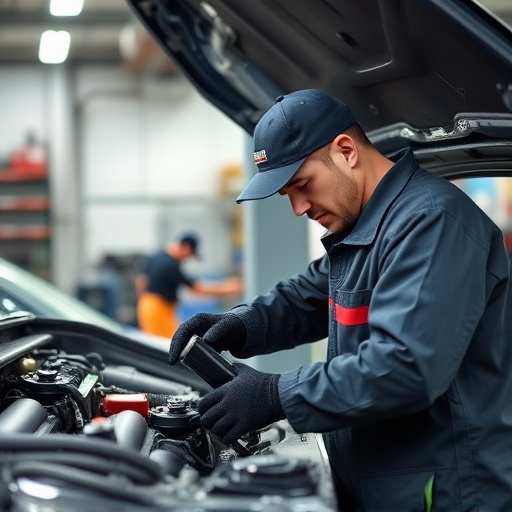
In the realm of collision repair customer service, understanding client needs is paramount. Collision repair customers often face stressful situations, dealing with damage to their vehicles and potential disruptions in their daily lives. Therefore, staff training should emphasize empathy and exceptional communication skills. By actively listening to clients’ concerns and frustrations, and tailoring responses to their specific circumstances, car body shop employees can foster a sense of trust and comfort. This is crucial for maintaining customer satisfaction, even in challenging situations, ensuring a positive experience despite the stress of vehicle damage.
Additionally, recognizing that customers may have varying levels of knowledge about car bodywork services is essential. Some clients might be well-versed in the intricacies of luxury vehicle repair, while others may only seek basic understanding. Training programs should aim to educate staff on using simple, non-technical language to explain procedures and costs, catering to all types of customers. This approach not only enhances customer service but also promotes transparency, a vital aspect of building lasting client relationships in any car body shop.
Crafting an Effective Training Curriculum
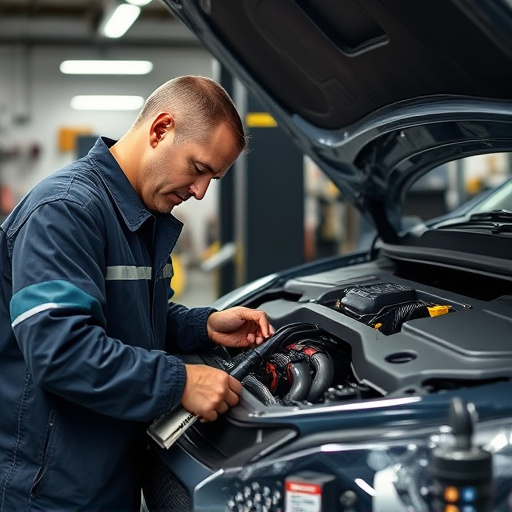
Creating a comprehensive training curriculum is paramount when preparing staff for excellence in collision repair customer service. It should encompass every facet of interaction with clients, from initial communication to final handover. The program must include not just technical aspects of auto repair services but also soft skills such as active listening, empathy, and clear explanation of procedures, especially after a fender bender incident. Incorporate role-play scenarios to simulate real-life challenges, allowing trainees to practice conflict resolution and maintain composure under pressure.
Tailor the curriculum to align with industry best practices and regulatory standards related to collision repair services. Include modules on customer satisfaction surveys, handling complaints, and promoting a positive shop reputation. Emphasize the importance of consistency in service delivery across all staff members. Regularly update the training materials to reflect advancements in technology and techniques within the auto repair industry, ensuring that every employee is equipped with the knowledge and skills needed to deliver exceptional collision repair customer service.
Fostering Top-Notch Service Skills Through Practice
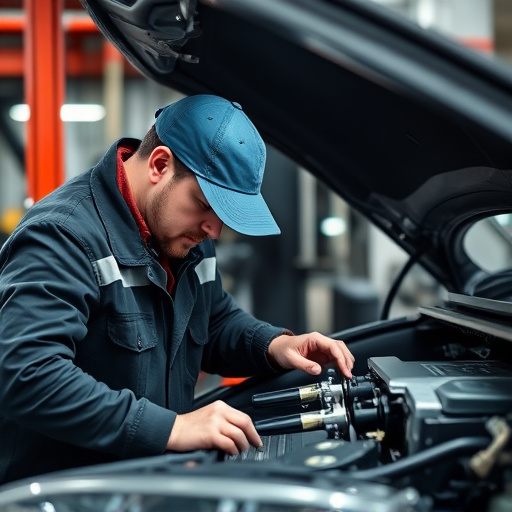
Fostering top-notch service skills in collision repair customer service requires consistent practice and a commitment to excellence. Through role-playing scenarios that mimic real-world interactions, staff can hone their communication, empathy, and problem-solving abilities. By regularly engaging in these exercises, technicians learn to anticipate customer needs, navigate complex situations with professionalism, and deliver solutions that exceed expectations.
Additionally, providing opportunities for ongoing training and feedback sessions empowers employees to grow. Encouraging open dialogue about best practices, industry trends, and emerging technologies in auto body services, including car paint repair and scratch repair, ensures the team remains equipped with the latest knowledge and skills. This continuous learning environment fosters a culture of excellence, where every interaction with a customer is seen as a chance to build lasting relationships and create a positive impact.
Training staff for excellence in collision repair customer service involves understanding client needs, crafting a robust curriculum, and fostering practical skills. By combining theoretical knowledge with hands-on experience, you can equip your team to deliver exceptional service that satisfies customers and builds loyalty. Emphasizing these key areas ensures your business stands out in the competitive collision repair landscape, fostering positive interactions and long-term customer relationships.
